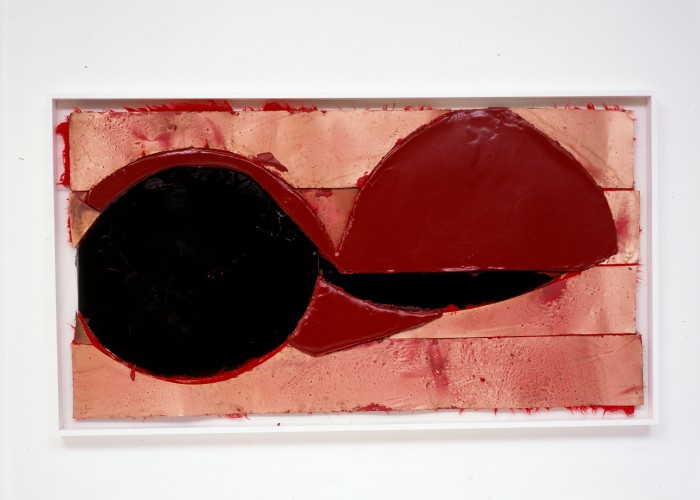Contributions by Adam Morris
Adam Morris Adam Morris is a writer and translator in San Francisco. His translation of Hilda Hilst’s With My Dog-Eyes is forthcoming from Melville House this spring.The Riverbed
Carol Bensimon
translated by Adam Morris
They so happened to be born in a rather small town between two more or less larger ones, something they couldn’t get used to because it meant they had the whole highway to stare at. And they stared. And it so happened that on the shoulder of the highway was a store run from out of a house built in nineteen thirty-something, its front steps a set of bleachers for the girls. They’d sit there, all afternoon. Some cars went by, another stopped. Titi let her thin legs stick out onto the sidewalk, her mosquito bites scabbed into little cones of blood from so much scratching. Her t-shirt went down to her thighs, if you could call them thighs. The traveler begged her pardon and went inside. Titi hid her laughter. Lina, three years … Read More »
Ravensbread (selections)
Nuno Ramos
translated by Adam Morris
Geology Lesson
There’s a layer of dust covering things, protecting them from us. Dark sooty powder, fragments of salt and seaweed, tons of grainy matter that goes crossing the ocean and transforms itself into transparent fibers deposited little by little to preserve that which remained underneath. Almost nothing has been thought about this phenomenon. It’s probably all an enormous camouflage operation, of equalizing a remote signal that we’d easily perceive in the absence of this mountain of tiny accretions. Something inside of things is being disguised, hidden at whatever price, and even this extract of stone, earth, and dry lava where we walked, built our cabins and birthed our children seems to be there to wrap something that tends toward the center. The endless aggregation of Gravity, of mass falling upon mass, matter embracing matter … Read More »
Hegira
Adam Morris
Slakers shambled along the coasts, the brine in the breeze searing nostrils, lashing cheekbones and the edges of eyelids, whittling parts of faces to skin-wrapped bone. Aside from slits for vision their bodies went draped in canvas and denim, thick twill: fabrics too sturdy for perspiration to mix with the sting in the air. They pushed carts of rags and tarps and funnels and metal drums of dun-colored water, sloshing lukewarm but still able to quench and sometimes, also, to cleanse. Their ministry was as secular as the suffering it attended: pouring slim, dusky streams into withered gullets gone feathery and tight in the dusty, gagging air.
They were journeymen, they were shamans, they were witches: that’s what was said. New Bedouins of the Atlantic Coast. The Slakers were driven from dry places like a curse. … Read More »






 sending...
sending...